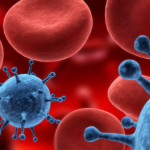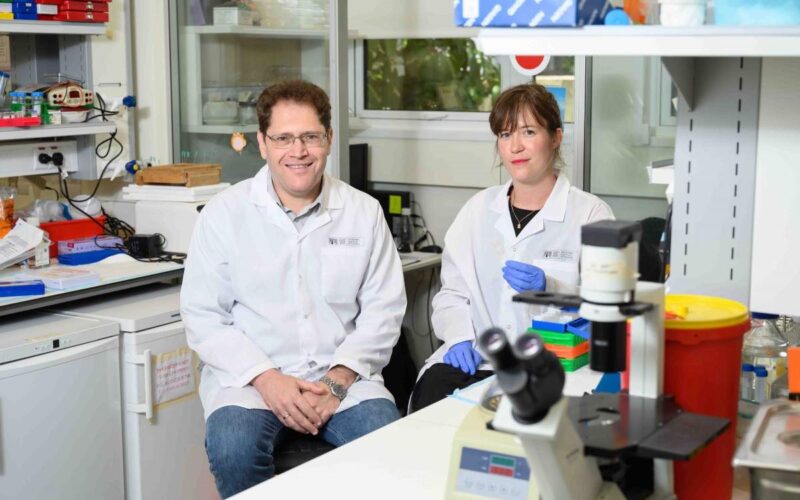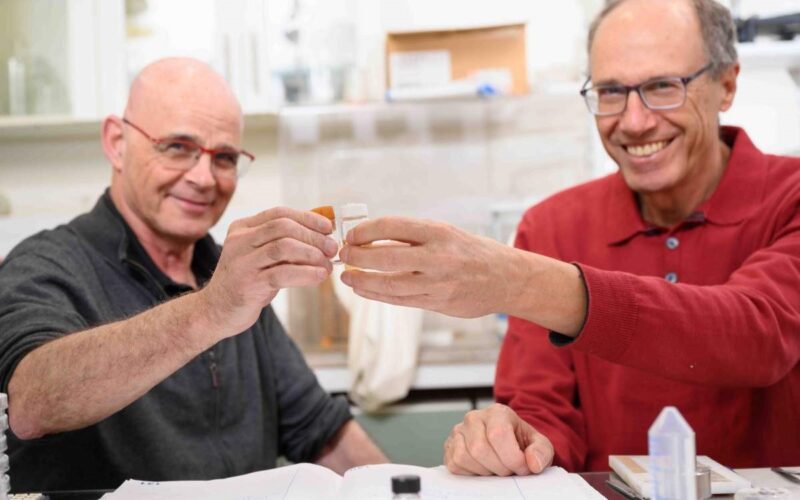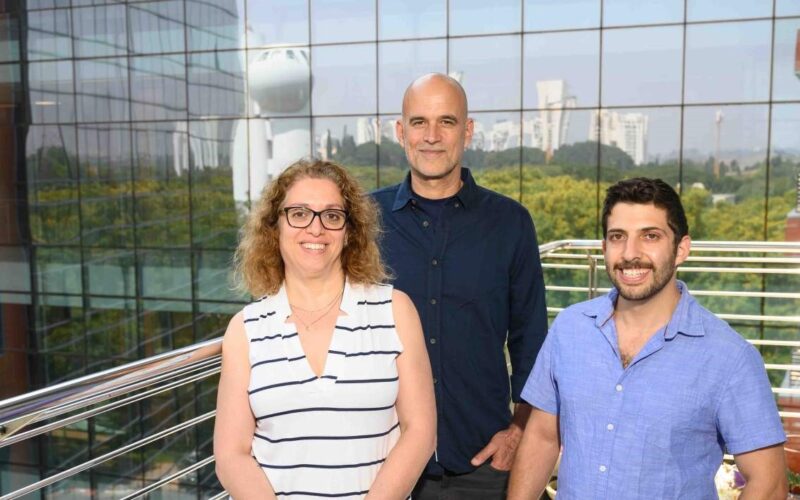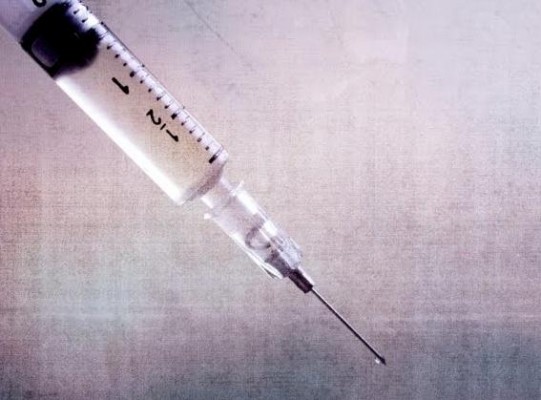
February 11, 2016
Infectious disease treatments can be hugely impeded if the targeted microorganisms in the body resist important drugs like antibiotics, causing serious threat to human health. Over the past two years, collaborative researchers at Flinders University, Australia and the Weizmann Institute of Science (WIS), Israel, have studied how this occurs and what can be done to mitigate the resistance.
Funded by Weizmann Australia* with a two year grant, the research examined multidrug transporters, which are proteins that can expel antibiotics and other toxic substances from cells, acting like highly efficient pumps. Ultimately this means these multidrug transporter pumps can remove a range of drugs before they can act – a serious obstacle to treating many cancers and infectious diseases.
The two types of multidrug transporter proteins the researchers studied were from bacteria – MdfA Escherichia coli and QacA Staphylococcus aureus – common in infectious disease. These transporters have long polypeptide chains of 12 and 14 transmembrane segments respectively, for which the researchers’ long term goal is to understand their similarities and differences.
The two key challenges presented by these transporters is firstly their ability to interact with chemically unrelated drugs and then quickly expel them, and secondly how these two pathway chains have evolved. Overall by understanding these complex proteins, effective antibiotics to overcome their efficient action can be developed in the future, whilst revealing the unusual mechanisms that make them so effective.
Actions to date have seen the collaborative researchers transform transporter MdfA from a 12 chained protein into 14 chains, by taking chains (7&8) from transporter QacA, and adding them to MdfA (between chains 6&7) so essentially mixing them up. The new 14 chained MdfA protein was initially found to be only partially functional in drug resistance but further experiments and tweaks fully recovered its function.
A reciprocal study underway is constructing a new QacA transporter where instead of adding chains, two are being deleted (7&8) and amino acids from MdfA inserted. This new 12 chain protein will be examined for drug resistance and chemical transport.
The research project was run by Professor Melissa Brown (Flinders University) and Professor Eitan Bibi (WIS). Professor Bibi has visited the Australian laboratory in Adelaide with Professor Brown hoping to visit Israel at a later date. To date there has been one publication published (Fluman N, Adler J, Rotenberg SA, Brown MH, Bibi E. Nat Commun. Export of a single drug molecule in two transport cycles by a multidrug efflux pump. 2014 Aug 8;5:4615) and a second is in draft.
* These grants were funded by a group of Australian donors. We thank them for their generous and visionary support of this program.

